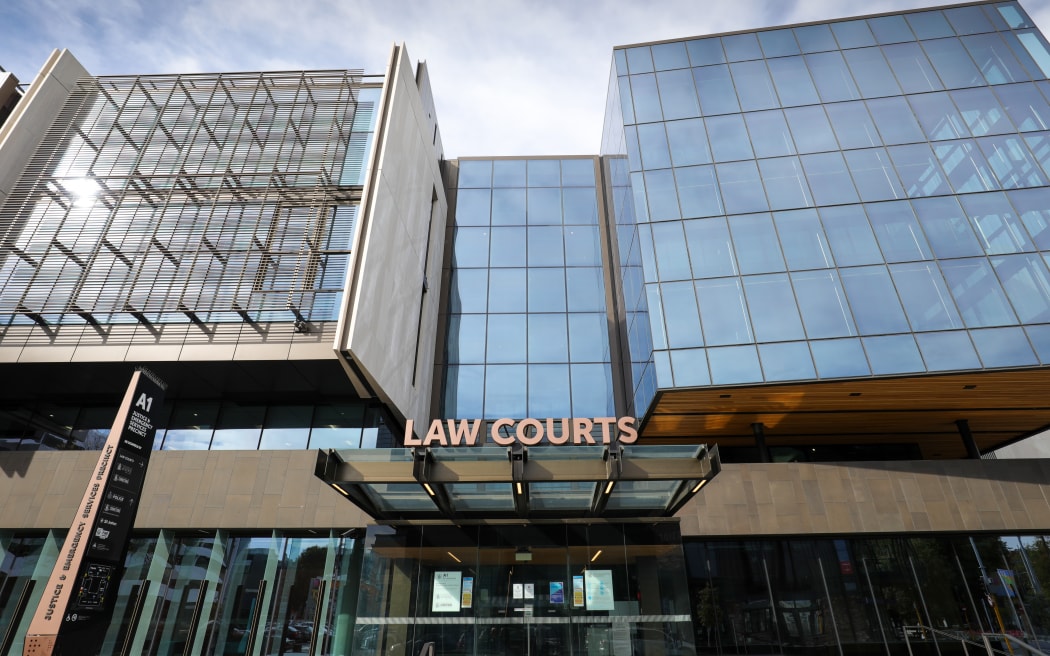Why New Zealand must move towards a modern slavery law
OPINION: It took thousands of years for humans to evolve into civilised societies. The West only abolished slavery a few hundred years ago. In every case it took not just good will, passionate advocacy and even war. It took the law to make the change permanent. Without that, each generation must condemn again, the abhorrent practice of one human being owning another.
Britain abolished slavery throughout its empire with the Slavery Abolition Act of 1833, with the exception of India. The French colonies re-abolished it in 1848 and the US abolished slavery in 1865 with the 13th Amendment to the US Constitution.
Unfortunately, modern slavery is still with us. The laws need constant upgrading to keep ahead of this evil. Other countries have recognised that necessity. Not New Zealand.
Countries that have updated legislation to protect people from modern slavery have recognised that too many of their companies working internationally could have modern slavery in their supply chains without realising it. Updated laws were both a moral necessity and also risk-management to protect international brands and reputations.
Modern slavery is, according to the UN, an “umbrella term covering practices such as forced labour, debt bondage, forced marriage, and human trafficking” and “all situations of exploitation where a person cannot refuse or leave their place of work, because of threats, violence, coercion, deception, or abuse of power”.
Modern slavery then is not confined to the history books. A report by the International Labour Organisation (ILO) estimates that 50 million people worldwide are under modern slavery, about ten times the population of New Zealand. According to the Walk Free Foundation, about 8000 people in New Zealand live in modern slavery. That number is overwhelmingly dominated by women and children who remain disproportionately vulnerable.
New Zealand is exceptional in all the wrong ways, an outlier with no updated legislation to manage this risk. The recent decision by the New Zealand Government to shut down its advisory group helping to shape the country’s law on modern slavery is letting down its own businesses. New Zealand companies do not knowingly use slaves in their supply chains. They would welcome the transparency.
It is also damaging our reputation internationally.
This regressive step will obscure the world’s admiration for New Zealand people, known for their ethical positions on tough international issues, from the genocide in Rwanda to championing laws to protect humanitarian workers in conflict zones.
Many New Zealanders do not realise how much modern slavery is in the products they buy every day. They will find out.
Food and agriculture is one of the high-risk sectors according to research by the Walk Free Foundation. The apparel you wear may have been produced with forced labour, or the coffee you drink may have been harvested by workers in debt bondage.
Those of us working to eradicate slavery from corporate supply chains understand how complicated the problem is and how unaware consumers are. While some charities and responsible businesses have had a positive impact in addressing this challenge, it has been impossible to eradicate modern slavery entirely. We lack proper legislation and vital institutions, particularly as so many of our products now depend on transnational supply chains.
The law matters.
If anything, the situation is getting worse. Climate change has accentuated the need for strong measures against modern slavery. New Zealand’s neighbouring communities in the Pacific face significant livelihood challenges due to changing weather patterns and rising sea levels.
As agricultural vulnerability and a sinking landmass push desperate people to migrate for survival, they will look to New Zealand for work. The absence of legislation in New Zealand will hasten the exploitation of climate refugees and low-income workers and worsen the reputation of the country.
A government working group with community representatives, businesses, non-profits, and other stakeholders and experts could have prepared New Zealand to maintain its well-earned reputation as a fair society, in a world where slavery is on the rise again.
It is not too late for the Government to re-establish such a group. It can revisit the Terms of Reference. But it must not walk away from this work.
As Martin Luther King Jr. said, “It may be true that morality cannot be legislated, but behaviour can be regulated. It may be true that the law cannot change the heart, but it can restrain the heartless.”
(CORRECTION: Updated 9:52am August 2: This column has been updated to make clear in the second paragraph that Britain’s Slavery Abolition Act was passed in 1833, not 1933.)


